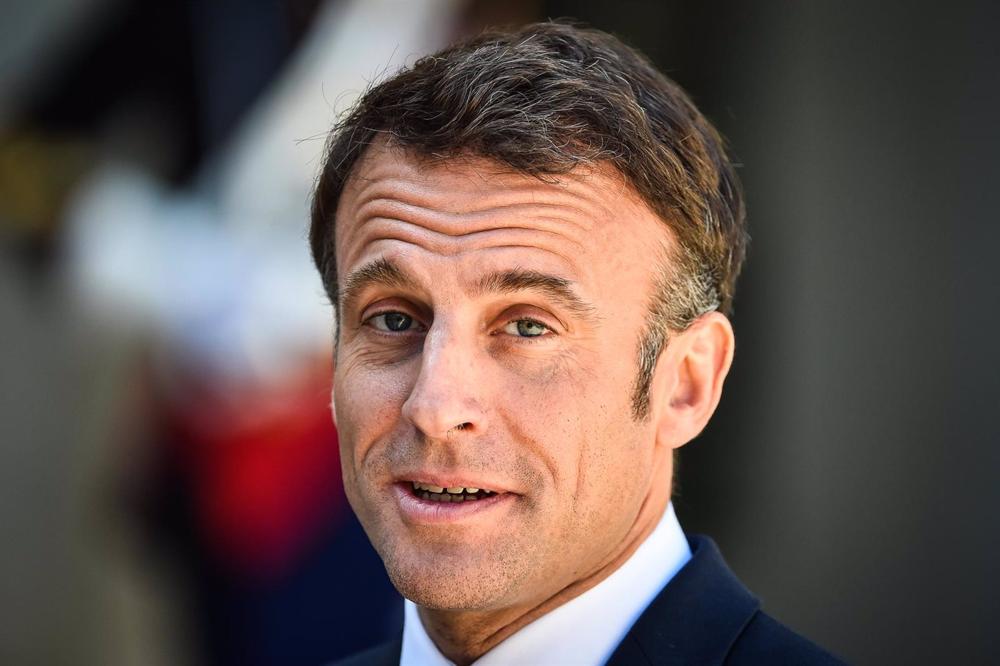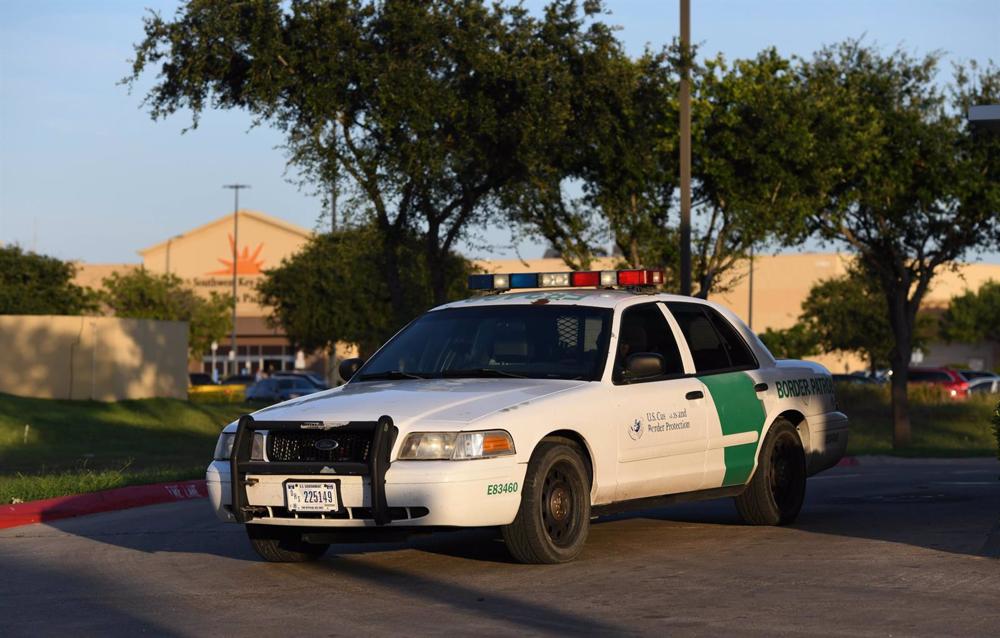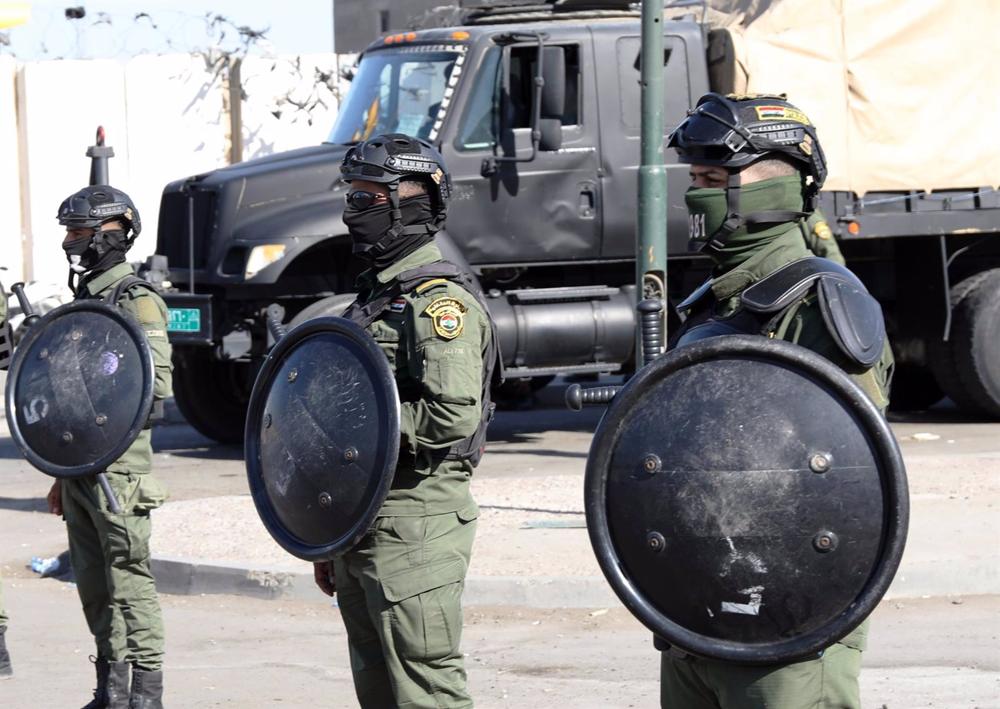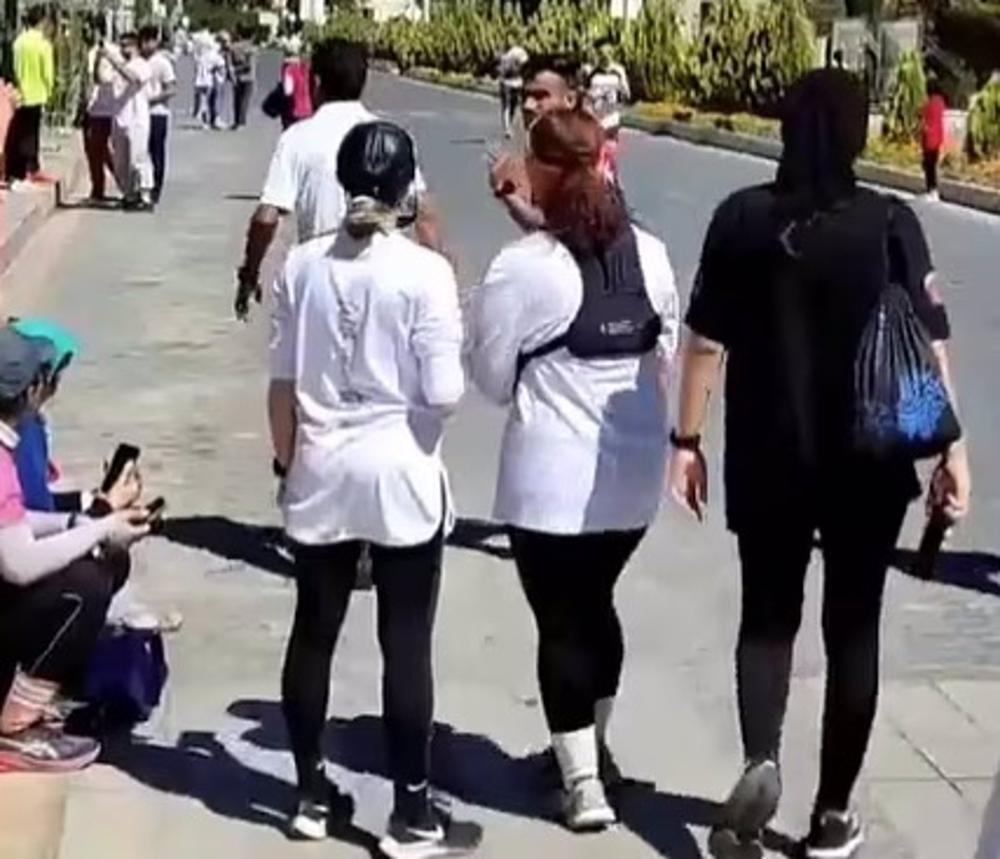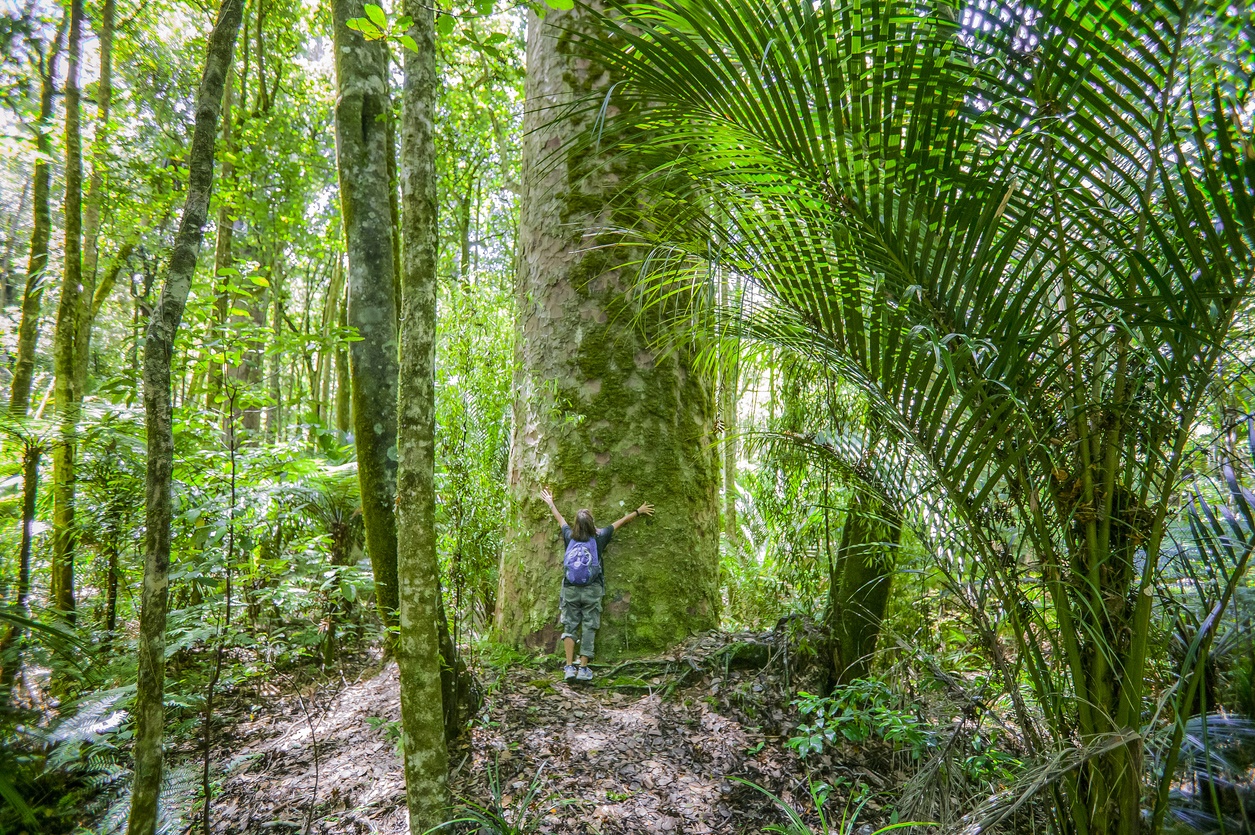
Human Rights Watch warned Monday that Bahrain is using its political isolation laws and other tactics to keep activists and former members of opposition parties out of public argos and other aspects of public life.
In a report released Monday, the NGO notes that «Bahrain cannot be called a democracy» since it has spent the past decade «repressing peaceful opposition.» For this reason, they point out that the upcoming parliamentary elections are a mockery, being neither free nor fair when «any political opposition is illegal.»
The country’s judiciary dissolved the country’s two main political parties, Al Wifaq and Wadad in 2016 and 2017 and the subsequent introduction of political isolation laws have led to individual punitive consequences for members of these groups for life.
Activists and Human Rights defenders are also affected by these regulations, many of them were arrested in the crackdown launched during and after the 2011 pro-democracy and anti-government uprising.
HRW notes that lawyers and civil society have interpreted these laws since their implementation as targeting those who «disrupted» Bahrain’s constitutionalism or who resigned or boycotted their elected positions to protest the government’s repressive policies.
During the November 2018 parliamentary elections, the first elections during which the political isolation rules were in effect, Bahrain’s Ministry of Justice banned at least 12 former opposition figures from running, while many others believed they would be victims of the law and boycotted the elections.
The report also documents the continued arrests and summonses of Bahraini citizens for speech-related offenses. A Bahraini expert journalist stated that due to the «continuous arrests from 2011 to 2017, fear became part of what people experience on a daily basis. It became normal for people to self-censor and silence themselves before reacting.»
HRW has urged the government to repeal this regulation, end the practice of denying certificates of good conduct to punish opponents, and restore full legal, political and civil rights to all Bahraini citizens. He has also called on Western countries such as the United States, the United Kingdom and the 27 member states of the European Union to press for an end to these practices.
«Bahrain’s once vibrant civil society and opposition coalition are being wiped out by laws codifying government repression. No one should be under any illusion that Bahrain’s ‘democratic institutions’ are anything more than a sham, concludes Human Rights Watch Middle East and North Africa researcher Joey Shea.
